India’s NGOs are registered for a range of social, humanitarian, and developmental objectives. One of the main benefits of registering an NGO in 2025 is getting tax exemptions, especially through two major certifications—12A and 80G under the Income Tax Act. These certifications not only lower the tax liability of the company but also motivate contributors by providing tax deductions. This piece aims mostly to help NGO creators, fund managers, and main stakeholders grasp in simple terms the importance of these filings. Whether you are starting a nonprofit, donating to one, or actively running one, you have to know how 12A and 80G registrations operate and why they are absolutely vital for financial stability and credibility. This article will discuss what 12A and 80G registrations mean in the present legal and financial environment of 2025, their advantages, the eligibility standards, the necessary documentation, and the step-by-step registration process.
Table of Contents
12A Registration
12A registration is an exemption taken by most trusts at one time, including incorporation after the exemption from income tax inclusion. Section 8 Companies, trusts and NGOs that have 12A registration enjoy an exemption from paying income tax on the surplus income of the Trust or NGO. Income tax exemption is available to all non-profit or non-governmental organizations. Therefore, all trusts, NGOs and other non-profit organizations should know Section 12A of the Income Tax Act and get it soon after incorporating the trust or NGO. In this article, we look at obtaining 12A registration in India.
Now that we’ve included 80G registration, we’ll discuss 12A registration and the 12A registration process.
12A is exempt from paying income tax based on registration, trusts, NGOs, and other Section 8 companies. NGOs are organizations for charitable and non-profit activities. However, they have income, and if not registered under Section 12A of the Income Tax Act, they will have to pay tax at the usual rates. Section 12A of the IT Act, 1962 does not separate charitable & religious trusts. Hence the 12A registration applies to both characters of organizations.
Benefits of Registration under Section 12A?
- Income will be exempted from taxation.
- An organisation registered under section 12A becomes eligible to receive government, Abroad and various private sector grants.
- Benefits of FCRARegistration.
- Organizations registered under 12A are also eligible for availing of benefits under section 80G.
Registration Process for Section 12A of Income Tax?
Eligibility
- Charitable Trusts, Religious Trusts, Societies, and Section 8 Companies
- Not applicable to the Private or Family Trust.
Documents Required for 12A
Here we have mentioned the essential documents required for 12A Registration:
- Documental confirmation of the creation of the Trust or NGO {Trust Deed of a Trust; Registration Certificate and MOA of a society}
- Section 8 companies require to submit a certificate of incorporation and copies of the MoA and AoA of the company.
- Form 10A.
- Three-year bank account statement of the Trust.
- PAN of the organization.
Read also: What is NGOization
Process of 12A Registration
It is a one-time registration process. Before applying for an exemption certificate under section 12A, the NGO shall get its NGO registered under the Income Tax.
- The application shall be made in Form 10A to the Income Tax Commissioner.
- The application shall contain the following documents:
- List of name, address and Pan details of the trustees/managers;
- A true certified copy of the instrument (registration certificate) under which the trust/institution was created/established;
- A true certified copy of the document (Trust deed/MOA and AOA) which is evidence of such institution/trust creation;
- Copy of PAN card of NGO.
Section 12A and 80G Registration (Package Offered)
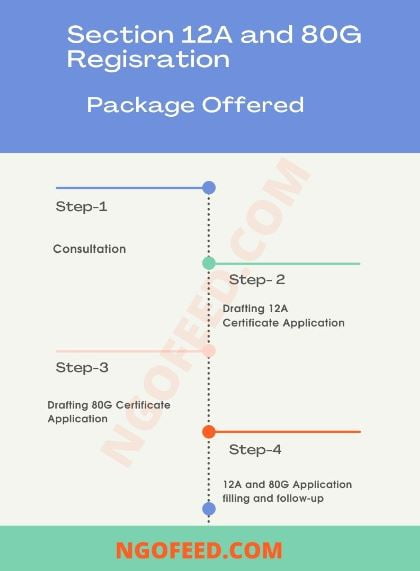
80 Registration
80G Registration under Section 80G of the Income Tax Act provides benefits to the donor of an NGO. The donor gets financial benefits in the taxable amount of their income. The Income Tax Department issued the 80G certificate to a non-governmental organization (NGO), a charitable trust, or a section 8. The Income Tax Department issued the 80G certificate to an NGO, a charitable trust, or a section 8 company. The 80G certificate is given to support non-profit organizations to donate money. In addition, the donor receives a tax rebate of 50% on donating to such an organization, as they become eligible to withdraw such amount from their total gross income. Additionally, the donor will have to attach a stamped receipt of the donation to avail of the exemption. Such receipt should include the name of the donor, donation date, and PAN of the organization.
Benefits of Registration under Section 80G?
- A donor can avail deduction from their taxable income.
- Attracts the donor to donate.
- Getting an 80G Registration also facilitates seeking foreign contributions.
- Only an NGO with 12A and 80G registration is eligible for government funding.
- As a society by law, 80G registration gives your NGO a promising prospect, enhancing its goodwill and the confidence of those associated with your brand.
Eligibility for Section 80G of Income Tax?
- Donations made to charities are prescribed under category 80G.
- The NGO shall be duly registered under the Act.
Who are not eligible for registration under 80G Certification:
- The charities with a religious or business angle.
- Nonseparation of Business and Charity account if the charity is involved in any business which does not account for donation alone.
- Tax benefits are not available to a donor donating to an NGO that is not registered under 80G or funding for a political party, or gifts made to trusts outside India.
DocumentsRequiredfor 80G
Here we have mentioned the required documents for 80G registration; let’s look.
- MoA and Registration certificate in case of Section 8 companies and Societies and a Trust Deed in case of a Trust
- No objection certificate from the owner of the property where the registered office of the Institution is situated
- Form 10G
- A copy of the PAN of the NGO
- Copy of Utility Bills such as electricity bills, water bills or House Tax Receipt
- A list of the donors, along with their addresses and PAN
- Documents related to income tax returns and the book of accounts for the past three years
- The list of the welfare activities staying carried out and the progress report for the last 3 years
- The detailed list of the Board of Trustees and the original RC, MoA, or Trust Deed.
Read also: Top 10 NGOs in India
Process of 80G Registration:
The prior requirement for getting registration under section 80G is obtaining registration under Section 12A.
80G Registration Procedure Consists Of The Following Steps:
- Apply for an 80G certificate to the Commissioner of Income Tax (Exemption) within the jurisdictional area of the entity, along with the required documents.
- The Income Tax department does an on-premise inspection after submitting the form and the required documents for 80G registration.
- However, the Income Tax Officials might ask for additional documents or evidence if they seem unfit or feel anything is missing.
- Upon satisfactory verification of documents and the office of the NGO, an 80G certificate is granted to the institution by the Commissioner.
The issue of a certificate under Section 80G of the Income Tax Act
On receipt of an application, the Commissioner Scrutinize and may request further documents or information. After the satisfaction of an application, the commissioner may pass an order in writing registering the Trust or Institution under Section 80G of the Income Tax Act. On non-satisfaction of an application, the commissioner may deny the application of an NGO. The payment shall be made as defined under the law to avail of the deduction.
The registration procedure may take time up to 3 to 4 months.
How to Register an NGO?
The registration process of an NGO in India is done in three ways. Or we can also say that NGOs can be registered in any of the three Acts. Let us know what these three acts are?
- Trust Act
- Society Act
- Companies Act
Trust Act
There are Trust Acts in various states of India, but if a state does not have a Trust Act, then the 1882 Trust Act applies in that state. It is necessary to have at least two trustees under this act. To register an NGO under this Act, you have to apply to the charity commissioner or registrar’s office. To register an NGO under the Trust Act, you need a document called a deed.
Society Act
NGOs are registered as societies, but NGOs can be registered as trustees in some states, such as the Societies Act in Maharashtra. Registration under the Act requires a Memorandum of Association and Rules & Regulations document; this document is essential. A minimum of 7 members is needed to create this document.,
Section 8 Company Act
MOA & AOA and regulation documents are needed for the registration of an NGO under the Companies Act. No stamp paper is required to build this document; a minimum of three members are required to create this document.
Frequently Asked Questions
How do I register for a 12A certificate?
To obtain registration under Section 12A, an application in Form 10A for registration of a charitable or religious trust or institution can be made. The application shall be addressed to the Commissioner of Income Tax and the necessary documents. The application should compulsorily be made in the online mode.
How can I get registration under 80G?
Process of Obtaining 80G Registration
> Registration Certificate.
> MOA /Trust Deed.
> NOC from the proprietor of the land where the registered office is situated.
> Copy of the Pan Card of the Trust/Institution.
> Copy of electricity bill, house tax receipt, or water bill.
> Proof of welfare activities pursued. To know more, read the above article.
What are 12A and 80G registration?
Both 80G Registration and 12A Registration applies only to NGOs and charitable organizations. 80G Registration comes under Section 80G of the Income Tax Act and provides benefits to the donor of an NGO. In contrast, Section 12A Registration will assist an NGO in getting an organization’s income exempted from Tax.
Who can apply for an 80G certificate?
A non-profit organization or non-governmental organization (NGO), a charitable trust or a Section 8 Company can apply for 80G registration and obtain certification under section 12A. Both certificates can be used together, or they can also be done separately.
Is DARPA ID mandatory for 12A registration?
If you want to raise funding from Government departments, it is mandatory to register with the NGO Darpan portal and, after filing the form, get their Darpan ID. It is optional to mention Darpan ID while filing FCRA Registration Form in the initial phase.
What does the section 80G Certificate exactly mean?
The term “Section 80G Certificate” denotes the certificate issued by the Income Tax Department to the NGO, Section 8 Company, or Trust.
Read also:
| Section 8 Company Registration | Charitable Trust Registration Process |
| FCRA Registration | CSR Registration |
| How to Start an NGO | Society Registration Process |
| NGO Darpan Registration | – |

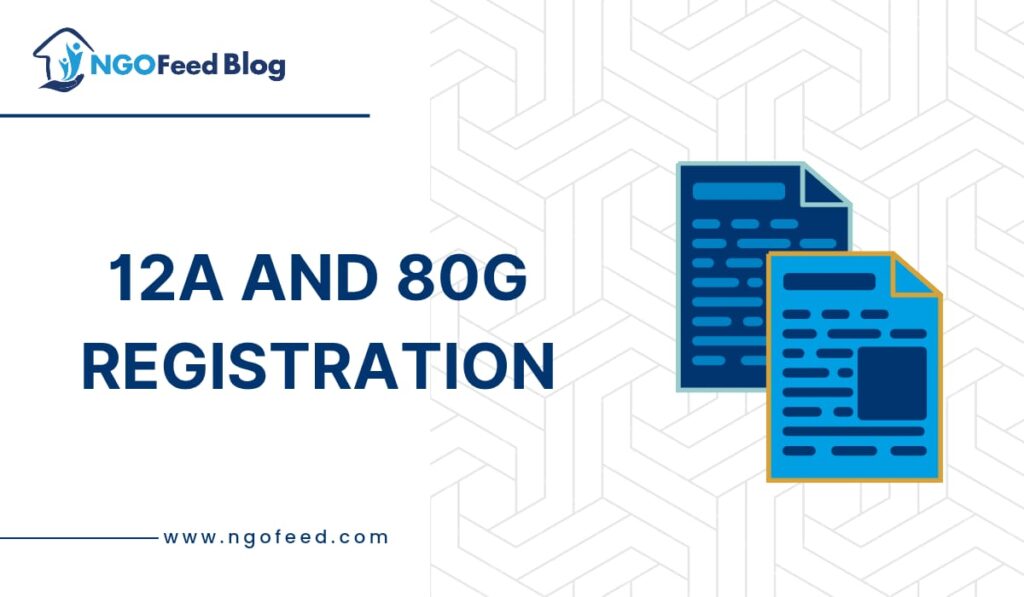
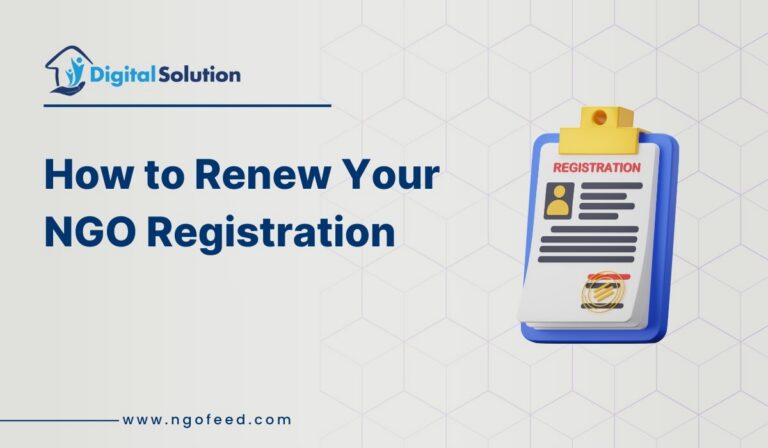
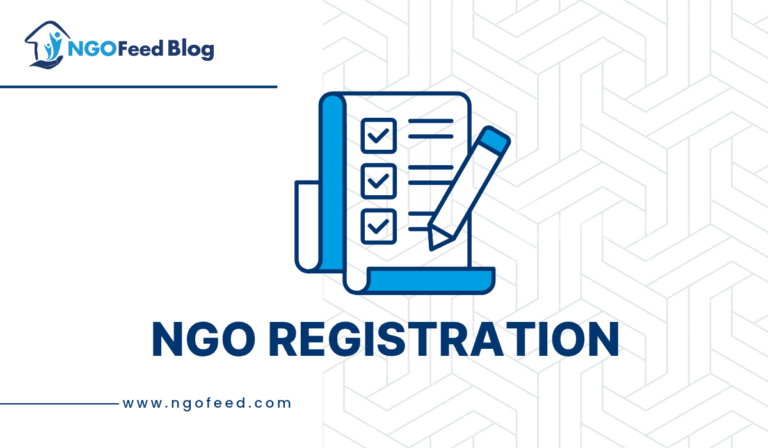
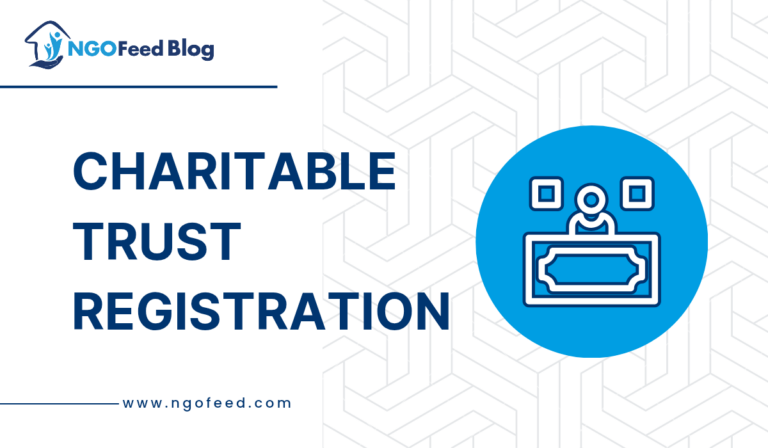
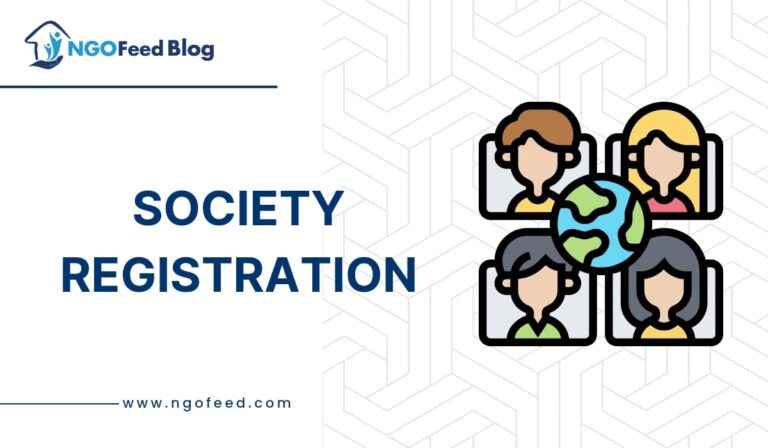
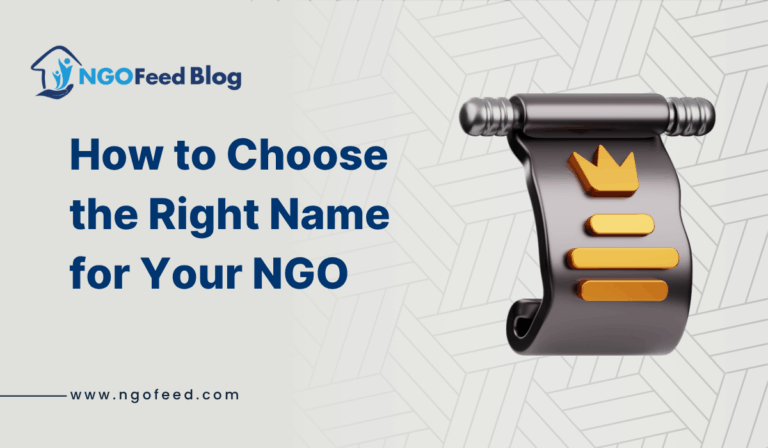
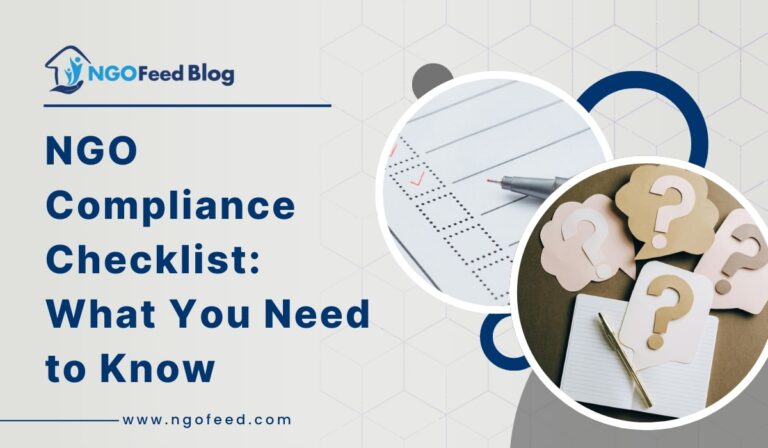
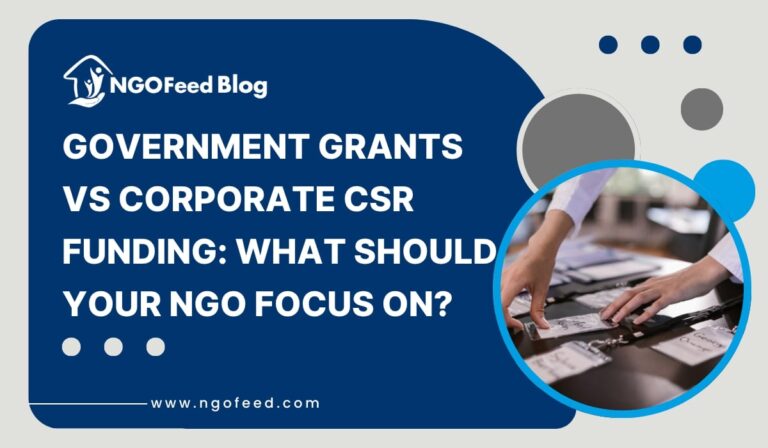
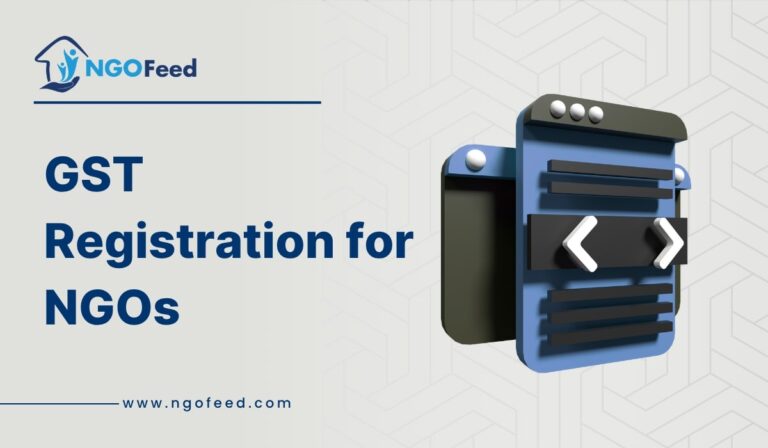
Can I apply online for 12a and 80g.
Hey dear,
Please read the above article and check the complete terms and conditions and document required, then apply for 12a and 80g.
Dear Sir,
I want to open an NGO which is with 12A (FCRA) and 80G what will be the govt fee and your company fee for registration this NGO, what documents are needed to registration this ngo, please by mail me complete information send during, thank you
Document Required:
Documental confirmation of the creation of the Trust or NGO {Trust Deed of a Trust; Registration Certificate and MOA of a society}
Section 8 companies require to submit a certificate of incorporation and copies of the MoA and AoA of the company.
Form 10A.
Three-year bank account statement of the Trust.
PAN of the organization.
Process:
The application shall be made in Form 10A to the Income Tax Commissioner.
The application shall contain the following documents:
List of name, address and Pan details of the trustees/managers;
A certified true copy of the instrument (registration certificate) under which the trust/institution was created/established;
A certified true copy of the document (Trust deed/MOA and AOA) which is evidence of such institution/trust creation;
Copy of PAN card of NGO.
For more information read the above article carefully.
Hi, I am looking to apply for 80G certificate for my foundation which is registered in section 8. looking for your advice on how to register. Thanks
The complete procedure for your NGO’s 12A and 80G certificate registration is in the above post; check it carefully.
मान्यवर नमस्कार,
क्या 12 A के लिए समिति की प्रबन्ध समिति के सभी सदस्यों के PAN कार्ड एवं आधार कार्ड की आवश्यकता होती है
क्या प्रबन्ध समिति के समस्त सदस्यों के परिवार जनों के PAN कार्ड एवं आधार कार्ड की आवश्यकता होती है
अवगत कराने की कृपा करें।
Yes, Pan card ki requirement hoti hai
seeking to apply 80g certificate
You need to check the document requirement